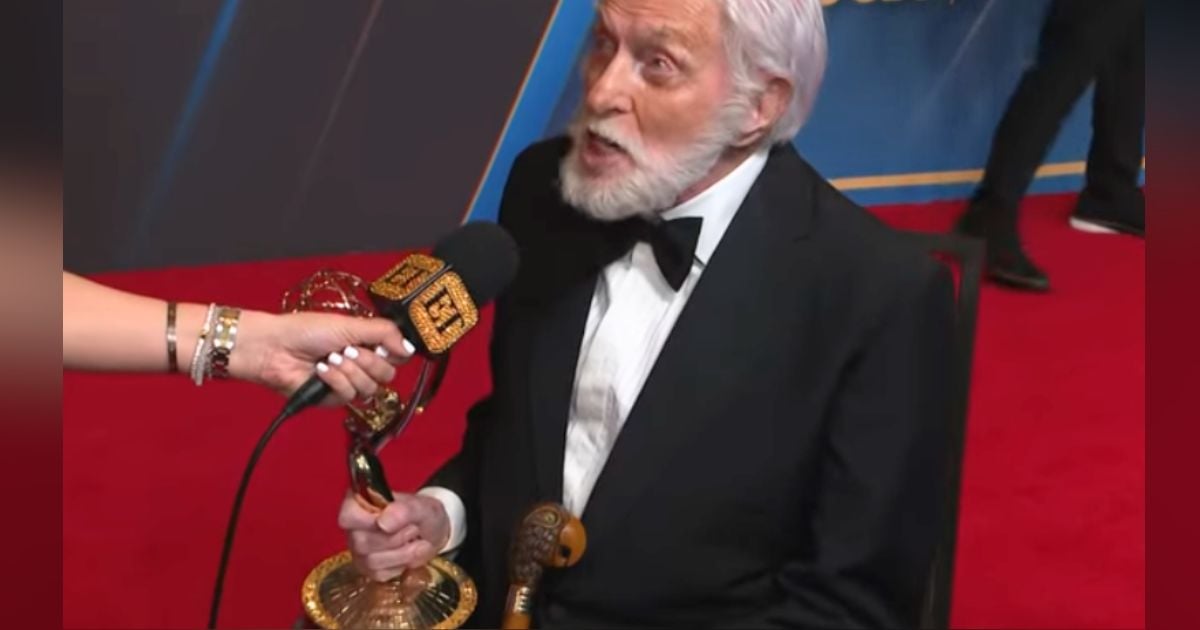36-year-old singer-songwriter Scott Hutchison went missing late in the night of May 8. His body was found two days later.


He had tweeted a couple of dark messages prior to his disappearance.
He posted:
“Be so good to everyone you love. It’s not a given. I’m so annoyed that it’s not. I didn’t live by that standard and it kills me. Please, hug your loved ones.”
And:
“I’m away now. Thanks.”
His death has shocked the music industry and his fans. Hutchison was a member of the band Frightened Rabbit. His bandmates tweeted about his death, saying:
“There are no words to describe the overwhelming sadness and pain that comes with the death of our beloved Scott.”


His family also released a statement.
They said:
“We are utterly devastated with the tragic loss of our beloved Scott. Despite his disappearance and the recent concerns over his mental health, we had all remained positive and hopeful that he would walk back through the door. He was passionate, articulate and charismatic, as well as being one of the funniest and kindest people we knew. In addition to his musical success, Scott was a wonderful son, brother, uncle and friend. Despite whatever else was going on in his life he always had time for those he cared for.”


His death is raising awareness about mental illness and substance abuse.
These are problems that many artists struggle with. Some are speaking up about it and hoping that what happened to Hutchison won’t happen to anyone else.
Singer Geoff Rickly is one of those people, and he isn’t afraid to share his own story about mental illness. He recently said:
“I was given a very stark reminder of that when I started having anxiety attacks. I’ve always felt the physical nature of love and loss quite strongly and known that pain can be a physical manifestation of anger or anxiety, but I’d never felt my brain completely taking over my body before, and that was a very odd thing.”


He also tweeted about the death of Hutchison.
He said:
“Whenever we lose an artist (of any stature) to depression or drug use, (or eating disorders, bipolar, etc. etc.) I wonder: when will we, finally, remove the stigma in talking about mental health care???”


He believes that many artists who suffer from mental illness are using drugs and alcohol to cope instead of seeking medical attention and professional help.
He added:
“From my own personal experience, substance abuse is rampant in the arts. For example, the members of Thursday would speak about any band that didn’t have to deal with at least one member needing help with substance abuse as lucky — as the exception. I think mental health is still a source of great shame for most people. Implying that there is anything wrong with their mind is still often considered an insult. For artists, I think there’s a sense that we don’t have much (money, material success) but the one beautiful thing that we get as an artist is a state of mind, a high level of imagination and a lot of time to explore it. If you devalue that, by saying our thinking is sick, it takes away from the one thing we have of any value. Or it can feel that way.”


There is help for people who are suffering from mental illness, and everyone needs to work together to put an end to the stigma that surrounds it.
Nobody should be ashamed of their mental health problems or have to hide them. Instead of treating them in private with dangerous substances, they should feel comfortable asking for help.
Hutchison’s death is a tragedy, but it could raise awareness of a growing problem and help prevent others from following in his path. It’s time to speak up about mental illness and be supportive of those who are suffering from it.
Please SHARE this with your friends and family.
Be so good to everyone you love. It’s not a given. I’m so annoyed that it’s not. I didn’t live by that standard and it kills me. Please, hug your loved ones.
— Scott Hutchison (@owljohn) May 8, 2018















